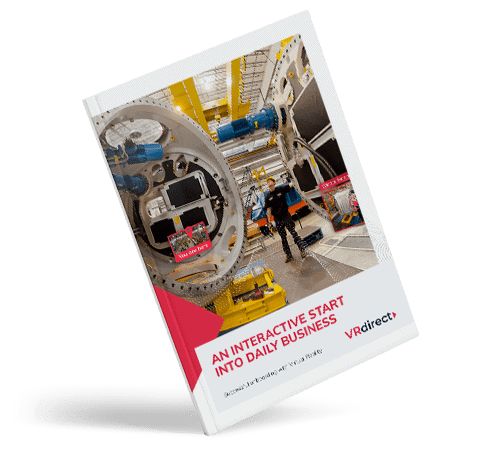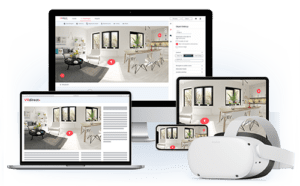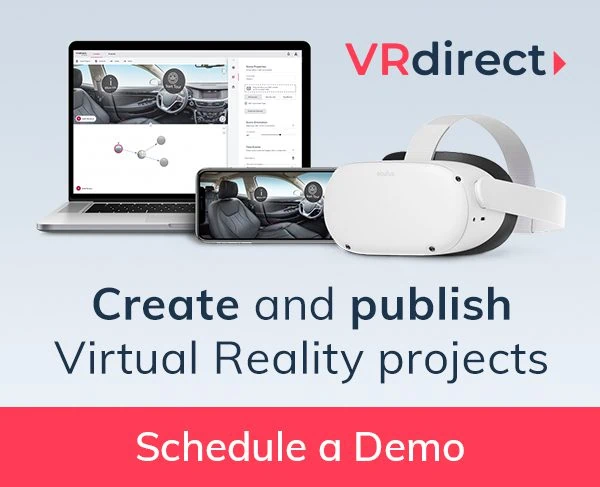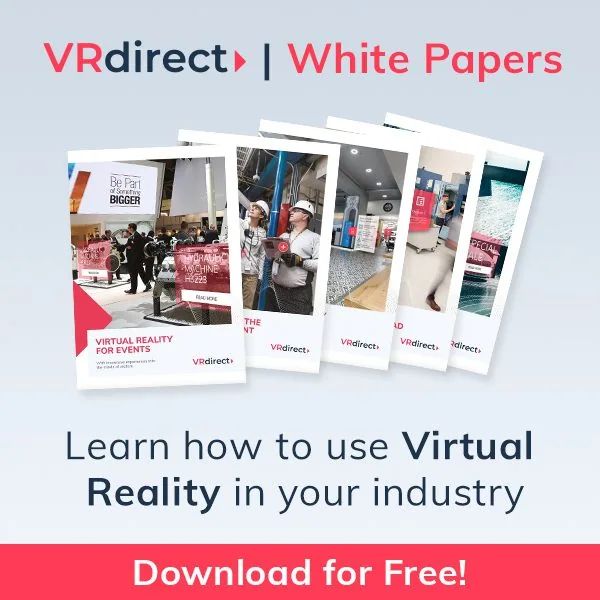As the world prepares for the transition from traditional business model to industry 4.0, every business needs to adapt to this change. But when combined with the ongoing shift to remote work culture, this transition becomes a little more complex. So, the question is- where does one start from? What tools can help make this leap into the future worthwhile? These are some immediate questions we try to answer in this brief article.
The shift to industry 4.0 must start from the very foundation of a company – Human Resources or HR. HR, as we know, filters the most suitable and skilled employees for a company. But this is an oversimplification and in no way represents what the field encompasses. HR’s role is more like that of an orchestrator who ensures different elements are working in perfect harmony. So logically, making the transition to a 4.0 company should start with reinventing the HR wing into HR 4.0.
But what is HR 4.0? Let’s dig in.
An Overview of HR 4.0
HR 4.0 represents a radical transformation in the field of human resources. It concentrates on strategic concerns rather than everyday manual, administrative, and repetitive tasks. And it does so by combining IoT, Big Data, and AI to automate most of its traditional labor-intensive work.
But we still need an intuitive, sophisticated tool to tackle hybrid work culture, which is a new and challenging concept for many. Work-from-home productivity, quality offline recruiting, and training of remote hires and many such challenges need a more intuitive but cost-effective solution. For such crucial challenges, we have the exciting Virtual Reality tech in our hands. The strategic application of VR brings tremendous possibilities to various HR processes.
VR for HR 4.0
Virtual Reality technology is a viable solution to many modern-day HR responsibilities and challenges. Not only does it ease the transition from traditional HR to HR 4.0 but supercharges it with its unique ability to create an immersive experience throughout various stages of HR, from hiring, and onboarding, to employee training and sustainability. Imagine a seamless HR process without communication lags, disengagement, and lack of participation when remote work is at play. Exciting right? This is what VR brings to the table. Especially today, where most meetings are held online, and multiple teams from different locations are relentlessly sharing info back and forth every second, VR seems to be a natural fit to iron out many issues that slow down the HR workflow.

VR’s impact on various HR processes
Employer Branding
Remote Recruitment
Gone are the days when a candidate traveled to the interviewer for a job opening or HR had to manage long queues of candidates. With VR-powered job interviews, assessing highly skilled talent is easier and more accurate. HR can now test the candidates with job-like tasks created over a 3D experience to filter the most job-ready candidates.
Remote Onboarding
A study by SHRM (The Society for Human Resource Management) Virginia estimated that the average cost of employee onboarding is around $4,100 per new hire. With VR onboarding, this cost goes down significantly. VR is a resource-economical tool that minimizes the need for many logistical requirements such as space, dedicated time, and equipment. With advanced but easy-to-use software such as VRdirect, the cost to create such experiences has further come down to a bare minimum. Moreover, the piles of information that a recruit had to gulp before starting actual work can now be compressed into a much more interesting, educating, and easy to retain gamified experience.

Read our Whitepaper “Successful Onboarding with Virtual Reality”
Training
Training existing employees and recruits has never been this engaging and effective, thanks to VR. VR-enabled training modules create gamified learning experiences that are more visceral, making it easy for employees to recall training when facing a real-job scenario. As a result, the transition from a fresh recruit to an efficient-contributing employee is way faster. VR is also flexible and can tailor training courses to the employee’s learning style, allowing for a more personalized approach to learning.
This ability of VR to transpose boring, routine training material into engaging, experiential training modules while being flexible is something that needs to be cherished by every business aspiring to become an industry 4.0 company.
Sustainability
Ensuring sustainable practices at an organization is an HR’s primary but an often-overlooked responsibility. It involves reducing the carbon footprint by introducing best workplace practices and creating an eco-sensitive work culture. With VR, HRs can effectively replace unnecessary commutes to the workplace with immersive virtual offices. Sensitizing employees to the best workplace practices with a gamified immersive training program is another use case of VR tech for HR.

Strategic Alliances
A strategic business alliance, from HR’s perspective, is an alliance of two or more diverse cultures and not a transaction of numbers alone. To ensure that business 4.0 mergers are flawless and stress-free in every aspect, HR needs to use VR. The immersive and inclusive nature of VR allows transparent and immersive-interactive processes with minimal loss of communication. And using gamified cultural events, HR can successfully find common interests and make the relationship work cordially.
Final Word
It is critical to understand that the transformation to Human Resource 4.0 is not a one-day affair but requires substantial customization and adaptation until you find the right approach best suited for your company. Embracing a hybrid work culture early will make things easier down the road. But upgrading to VR alone will not cut it. Businesses need to look at their HR wing with a new, futuristic lens.
Industry 4.0, on the other hand, is a much broader transition that may take time, but it must start small. The sooner businesses understand that VR is an inevitable tech, the more likely they will be ready for the 4th industrial revolution churn. And not only will they survive it but lead from the front!
Schedule a free initial consultation with us and we’ll be happy to help you develop a VR application strategy that’s right for your business.





